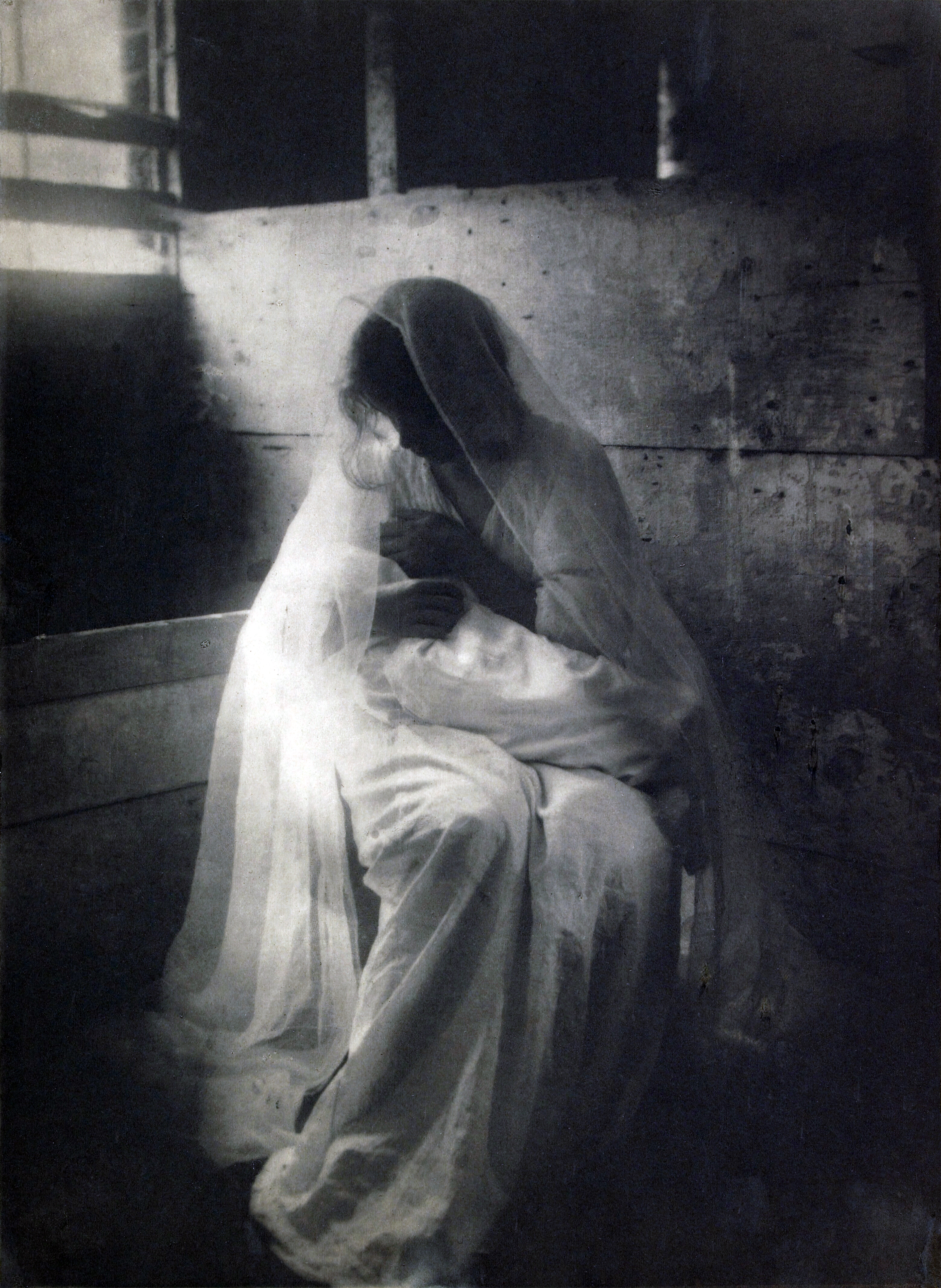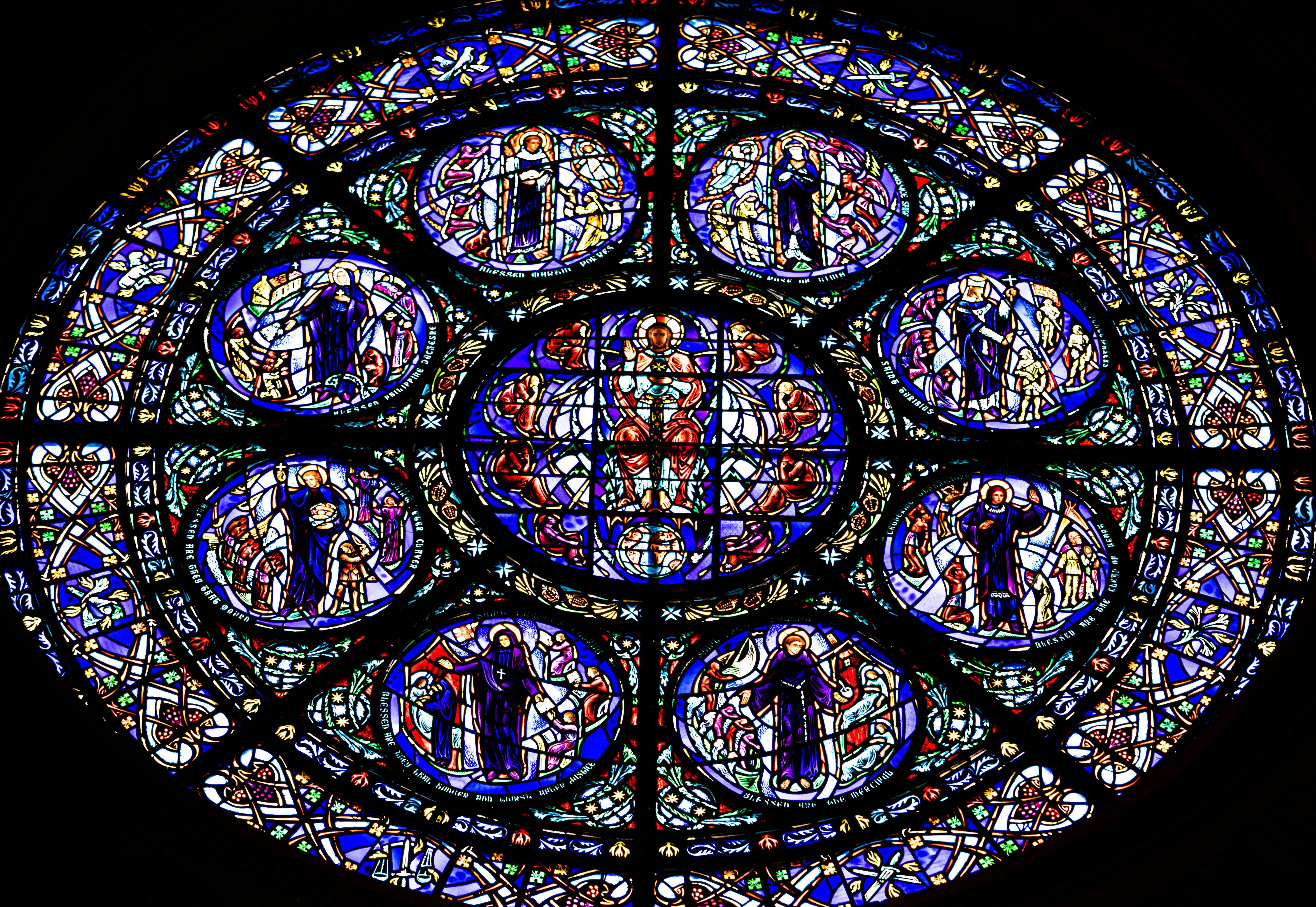A couple decades ago, my 20-something self decided to fly the coop and try living out on my own. I finally had a steady job and a close friend had purchased a second house and was renting it out. Now all I needed were roommates. With the help of Catholic young adult groups I found myself moving in with two other young ladies. One of them was more reserved and kept mostly to herself while the other was outgoing but seemed engrossed in her boyfriend. I had my own social life and was just looking for a couple people to help pay the bills, so I was happy with the arrangement.
Little did I know that within a few months one of those ladies, whom I thought was too much like myself, would become one of my best friends. We’re talking about – I’m in your wedding and you’re in mine – type of friends. We’re talking about – you live halfway across the world but every time we see each other we are able to instantly reconnect – type of friends. We’re talking about – I pray for you and you pray for me when we’re going through a tough time – type of friends. The kind of friendship that is grounded in true care for one another and rooted in love for God.
Today’s first reading warns us to be careful about who we choose as friends: “Let your acquaintances be many, but one in a thousand your confidant.” But once you find that confidant, you truly understand the words that follow: “A faithful friend is a sturdy shelter; he who finds one finds a treasure. A faithful friend is beyond price, no sum can balance his worth. A faithful friend is a life-saving remedy, such as he who fears God finds; For he who fears God behaves accordingly, and his friend will be like himself.”
I can honestly say that this friend is a treasure to me, someone I can count on to share my joys with and who shows me compassion in my sorrows. I never thought that two people with such similar personalities could jive so well, but in the end it is the similarity of our faith that holds us together like glue.
On this day, let us reflect on the deep friendships we are blessed with. May we realize that they are not a dime a dozen but rather one in a thousand, and thank God for bringing those people into our lives. For truly, “A faithful friend is beyond price, no sum can balance his worth.”
Hace un par de décadas, cuando tenía veintitantos años, decidí salir de la casa de mis padres e ir a vivir en otro lugar. Por fin tenía un trabajo estable y un amigo cercano había comprado una segunda casa y la estaba alquilando. Ahora todo lo que necesitaba eran compañeras de casa. Con la ayuda de grupos de jóvenes adultos católicos, me encontré mudándome con otras dos chicas jóvenes. Una de ellas era más reservada y mayormente se quedaba en su cuarto, mientras que la otra era extrovertida, pero parecía absorta en su novio. Yo tenía mi propia vida social y solo buscaba un par de personas que me ayudaran a pagar las cuentas, así que estaba feliz con el arreglo.
No sabía que dentro de unos pocos meses una de esas chicas, a quien pensaba que se parecía demasiado a mí, se convertiría en una de mis mejores amigas. Estamos hablando de amigos del tipo “yo te invito a ser dama en mi boda y yo en la tuya”. Estamos hablando de amigos del tipo “vives al otro lado del mundo, pero cada vez que nos vemos podemos reconectarnos instantáneamente”. Estamos hablando de amigos del tipo “yo rezo por ti y tú rezas por mí cuando estamos pasando por un momento difícil”. El tipo de amistad que se basa en el verdadero cariño mutuo y fundado en el amor a Dios.
La primera lectura de hoy nos advierte que tengamos cuidado con quiénes elegimos como amigos: “Es bueno que te saluden muchos; pero que uno solo entre mil sea tu amigo íntimo”. Pero una vez que encuentras a ese confidente, realmente entiendes las palabras que siguen: “El amigo fiel es un refugio que da seguridad; el que lo encuentra, ha encontrado un tesoro. El amigo fiel no tiene precio: ningún dinero ajusta para comprarlo. El amigo fiel es un tónico de vida. Los que aman al Señor lo encontrarán; el que teme al Señor sabe ser fiel amigo y hace a sus amigos como él”.
Puedo decir honestamente que esta amiga es un tesoro para mí, alguien con quien puedo contar para compartir mis alegrías y que me muestra compasión en mis penas. Nunca pensé que dos personas con personalidades tan semejantes pudieran llevarse tan bien, pero al final es la similitud de nuestra fe lo que nos mantiene unidos.
En este día, reflexionemos sobre las amistades profundas con las que hemos sido bendecidos. Que nos demos cuenta de que no son comunes y corrientes, sino más bien una entre mil, y agradezcamos a Dios por traer a esas personas a nuestras vidas. Porque en verdad, El amigo fiel no tiene precio: ningún dinero ajusta para comprarlo”.
 Tami Urcia is a midwestern gal from a large Catholic family. As a young adulthood she was a missionary in Mexico, where she studied theology and philosophy. After returning stateside bilingual, she gained a variety of work experience, traveled extensively and finished her Bachelor’s Degree at Brescia University. She loves organizing and simplifying things, watching her children play sports, deep conversations with close family and friends and finding unique ways to brighten others’ day with Christ’s love. She works full time at Diocesan in the Software Department and manages the Inspiration Daily reflections. She is also a guest blogger on CatholicMom.com and BlessedIsShe.net.
Tami Urcia is a midwestern gal from a large Catholic family. As a young adulthood she was a missionary in Mexico, where she studied theology and philosophy. After returning stateside bilingual, she gained a variety of work experience, traveled extensively and finished her Bachelor’s Degree at Brescia University. She loves organizing and simplifying things, watching her children play sports, deep conversations with close family and friends and finding unique ways to brighten others’ day with Christ’s love. She works full time at Diocesan in the Software Department and manages the Inspiration Daily reflections. She is also a guest blogger on CatholicMom.com and BlessedIsShe.net.
Feature Image Credit: Kenny Eliason, unsplash.com/photos/two-women-smiling-while-standing-near-wall-mRl17InnAi4
The views and opinions expressed in the Inspiration Daily blog are solely those of the original authors and contributors. These views and opinions do not necessarily represent those of Diocesan, the Diocesan staff, or other contributors to this blog.





 Tami Urcia grew up in Western Michigan, a middle child in a large Catholic family. She spent early young adulthood as a missionary in Mexico, studying theology and philosophy, then worked and traveled extensively before finishing her Bachelor’s Degree in Western Kentucky. She loves tackling projects, finding fun ways to keep her little ones occupied, quiet conversation with the hubby and finding unique ways to love. She works full time at Diocesan, is a guest blogger on
Tami Urcia grew up in Western Michigan, a middle child in a large Catholic family. She spent early young adulthood as a missionary in Mexico, studying theology and philosophy, then worked and traveled extensively before finishing her Bachelor’s Degree in Western Kentucky. She loves tackling projects, finding fun ways to keep her little ones occupied, quiet conversation with the hubby and finding unique ways to love. She works full time at Diocesan, is a guest blogger on 






